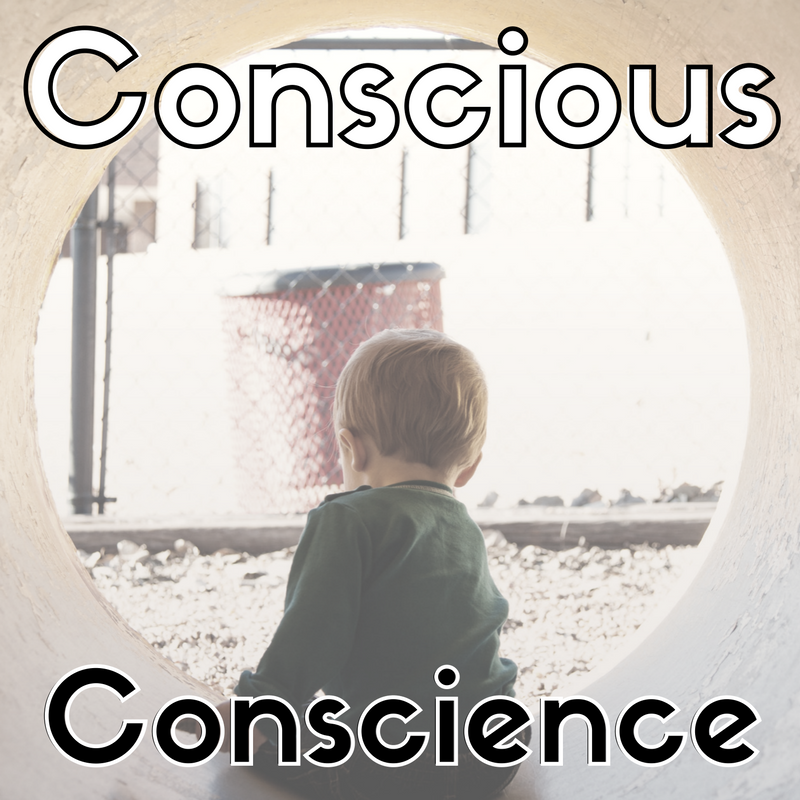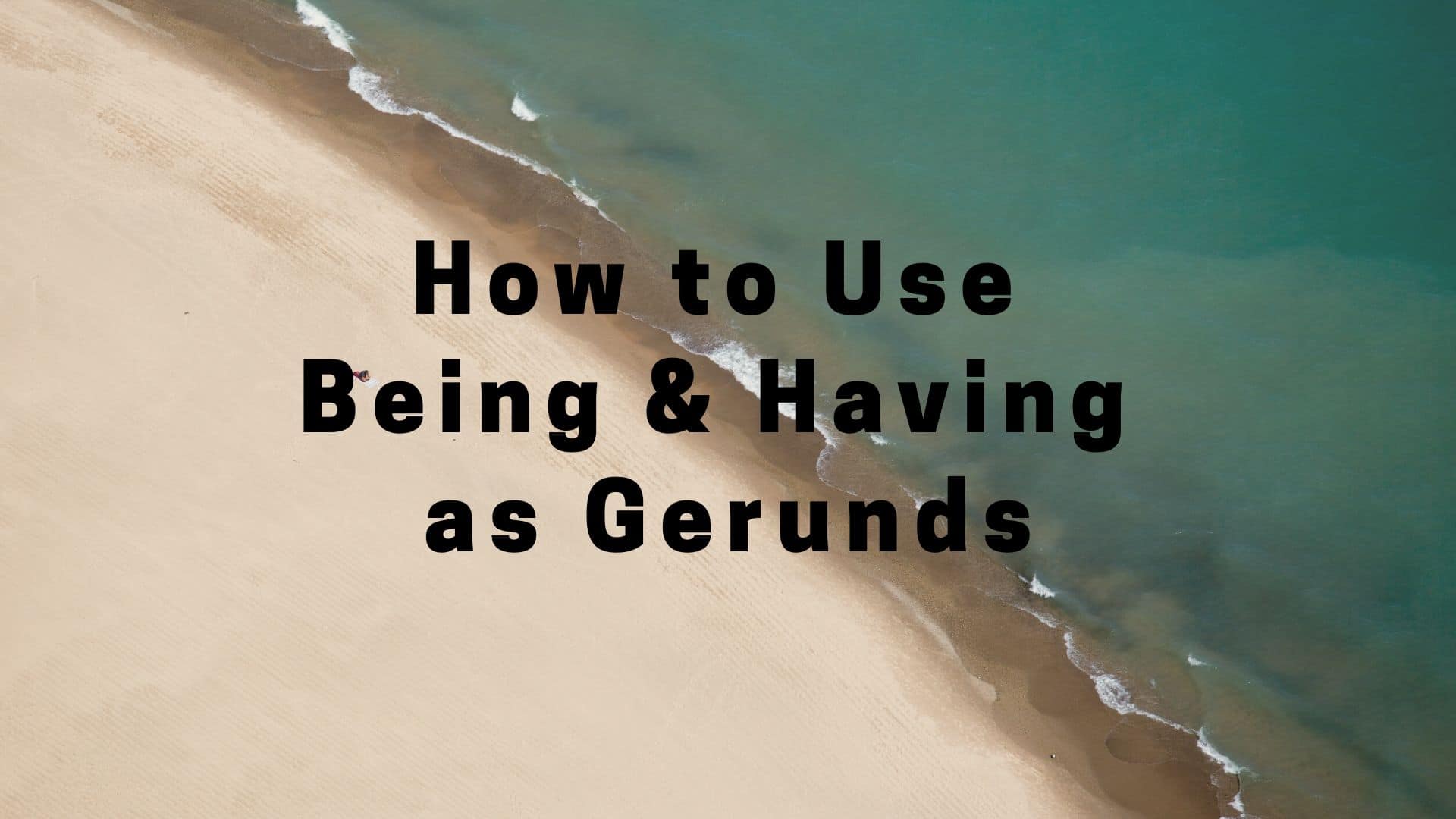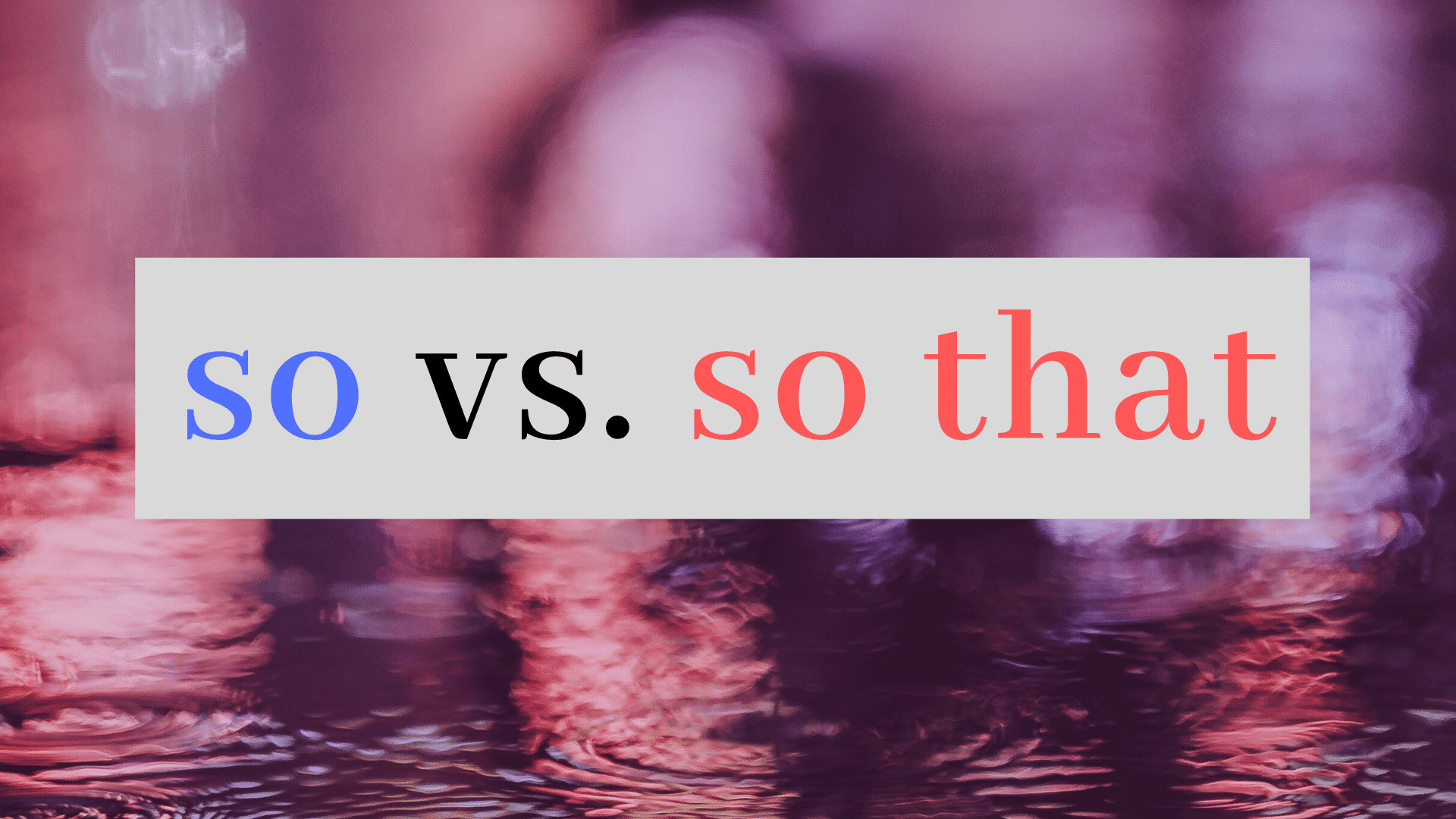
What Is the Difference Between Conscious and Conscience?
 Devon Balwit
Devon Balwit January 2, 2017
January 2, 2017 Learn English SLANG, IDIOMS, & PHRASES!
Learn English SLANG, IDIOMS, & PHRASES!
Here’s an example of the types of concepts we teach in our English classes:

From the time we’re little, parents, teachers, and religion leaders try to tell us what is right and wrong, what is good behavior and what is bad behavior. As we grow up, these voices remain in our heads and influence our decisions. This is our conscience.
The voice of our conscience tells us “Do this! Don’t do that!” many times each day.
If we have acted kindly, responsibly, and justly during the day, we can go to sleep in good conscience.
In contrast, if we have cheated, stolen, or fought, we might have a bad conscience about our day and have trouble sleeping.
When you face a difficult moral decision—a decision about acting ethically—you might discuss it with a friend, and she or he might ask: “What does your conscience tell you to do?” Once you have made your choice, you might say later, “I regret not having listened to my conscience” because you feel guilty or “I’m happy that I followed my conscience,” because you feel pleased.
 In contrast, consciousness is mental activity or awareness.
In contrast, consciousness is mental activity or awareness.
When we fall asleep or if we pass out due to injury, illness, or alcohol, we lose consciousness, as does a person who is in a coma. When we wake up or come to, we regain consciousness.
We can also speak of self-consciousness or self-awareness. A rock or a plant lacks self-consciousness, whereas an elephant, a parrot, or a dolphin is smart enough to have some form of self-consciousness, or self-awareness.
We have many habits that we might do unconsciously, like twirling our hair around our finger, clicking our pens, or juggling our legs. In contrast, athletes in a competition might consciously try to psyche-out or intimidate their opponents.
If we say, “I feel self–conscious,” we mean our awareness of ourselves is so strong in that moment that it is making us feel nervous, shy, or uncomfortable. Many people feel self–conscious when they must give a speech in front of others or when they go to a job interview.
To practice using these words, ask yourself the following questions:
- When do you struggle with your conscience? Have you ever ignored the voice of your conscience and been sorry?
- Have you ever lost consciousness?
- When do you feel self–conscious? What helps you feel less self–conscious?
- have you ever been told about a habit that you do unconsciously?
Categories
- Effective English WRITING tips
- How can I improve my English READING skills?
- How can I improve my English SPEAKING ability?
- How can I improve my English?
- IELTS TOEFL Strategies
- Important English GRAMMAR you should learn!
- Learn English SLANG, IDIOMS, & PHRASES!
- Life in PORTLAND News
- Methods to improve English LISTENING skills!
- OVERSEAS English Study Tips
- Student of the Month
- Students at PELA
- Useful English VOCABULARY!






